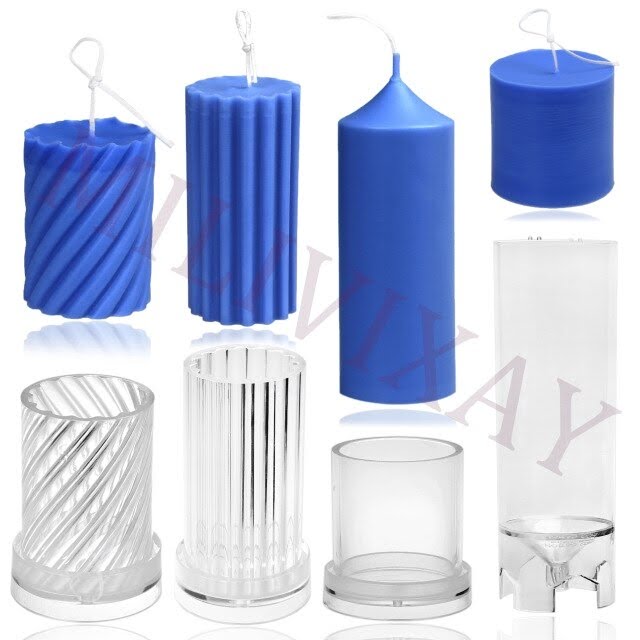What is Candle Making?
Candle making, or sometimes referred to as “chandlery,” is the process of creating candles from wax and other materials, such as essential oils and molds. It is a craft that has been practiced since ancient times, with candles playing an important role in many cultures throughout the world. The oldest surviving candles are believed to be more than 2000 years old and were discovered in the tombs of the Roman Empire.
The Science BehindCandle Making
At the heart of candle making lies science. The wax and other materials used in candle making react when heated in certain ways to create the finished product. Candle makers must have a good understanding of the science behind the process in order to create a good candle.
Candle Components
Before we can understand the science behind candle making, we must first understand the components of a candle. A candle is composed of three primary components:
- Wax: The wax serves as the fuel for the candle, as it will melt and vaporize when heat is applied. Different types of waxes can be used, depending on the desired outcome.
- Wick: The wick is typically made out of cotton and serves as an anchor for the wax. It is designed to draw up the pool of melted wax and vaporize it, allowing it to be burned off in the flame.
- Fragrance or Color: Candles can be made with added fragrance or color to provide a unique look and aroma.
Wax Analysis
To create a quality candle, the manufacturer must perform a wax analysis. This involves examining the properties of the wax to determine how it reacts to heat, what temperature it melts at, and how quickly it takes to cool. This helps to ensure that the candle will burn evenly and consistently.
Combustion Process
The combustion process is the heart of candle making. This is the process by which the wax reacts with oxygen to produce heat and light. During combustion, the wax molecules break down into smaller molecules and release energy in the form of heat. The heat released then vaporizes the wax, which is what creates the flame and light.
Soy Candles
Soy candles are an increasingly popular form of candle making. Soy wax is derived from the same soybean that is used to make tofu, edamame, and other products. It is a renewable resource, making it a great choice for sustainable candle making.
Soy candles burn more slowly and evenly than traditional candles, allowing them to last longer. They also produce less smoke and soot, making them cleaner and safer to use.
Conclusion
Candle making is an art and a science that requires an understanding of the components and the process behind them. By understanding the chemistry and combustion process of candles, manufacturers can create a quality product that provides light and fragrance in a safe and sustainable manner.

Welcome to my candle making blog! In this blog, I will be sharing my tips and tricks for making candles. I will also be sharing some of my favorite recipes.





